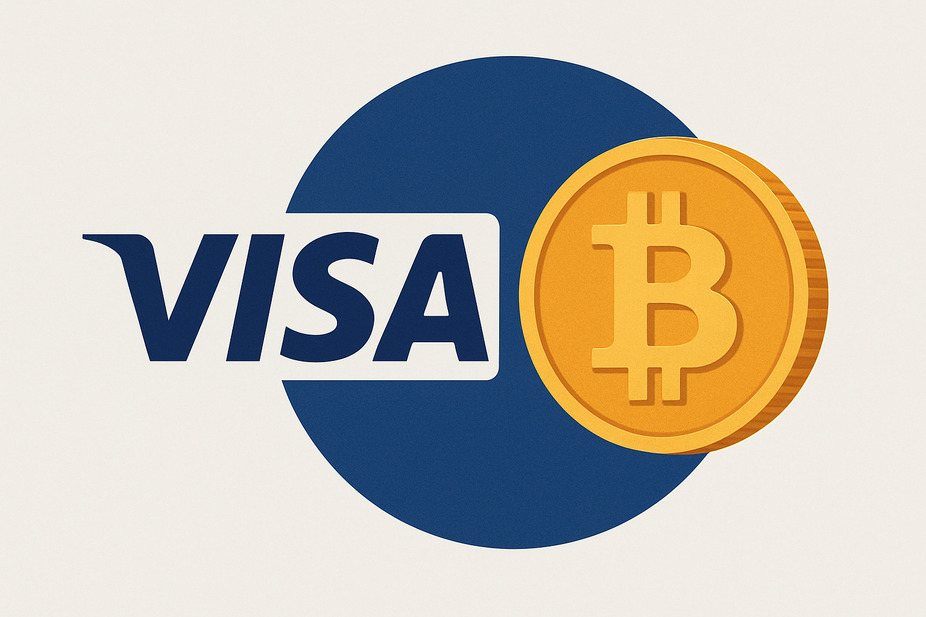Turkey strengthens its efforts to combat financial crime with new authority for the Masak watchdog

Turkey is gearing up for a significant move in its battle against money laundering and financial crime. The nation’s financial crime watchdog, Masak, is set to receive expanded powers, enabling it to freeze and restrict access to both traditional bank accounts and cryptocurrency holdings. This initiative is a crucial step towards aligning with international anti-money laundering standards set by the Financial Action Task Force (FATF).
These suggested changes are expected to be presented to parliament as a new bill. If approved, Masak will be able to close accounts that it suspects of illegal activity and impose transaction limits across banks, payment firms, e-money institutions, and crypto platforms. One of the main targets of these new powers will be “rented accounts”. This is when criminals pay people to use their accounts for illegal activities like betting and fraud. Masak could also stop people using mobile banking and even blacklist cryptocurrency addresses linked to criminal enterprises.
This development follows Turkey’s successful removal from the FATF’s “grey list” in June 2024, a recognition of its progress in combating money laundering and terrorism financing. This new legislative package aims to further solidify Turkey’s commitment to these global standards.
Sources close to the matter, who wished to remain anonymous as the plan is not yet public, indicate that the bill is still being drafted. It’s expected to be part of the “11th Judicial Package” and will be submitted to parliament in the upcoming legislative session. As with all legislative processes, there’s a possibility the regulation could be revised or might not pass in its current form.
Masak is already playing a central role in Turkey’s efforts to prevent financial crime. It collects and analyses reports of suspicious transactions, and then sends cases to prosecutors. It is also very important for international compliance. These new powers would make it easier for the government to control the country’s money. The Treasury and Finance Ministry did not want to talk about the preparations that are happening now.








